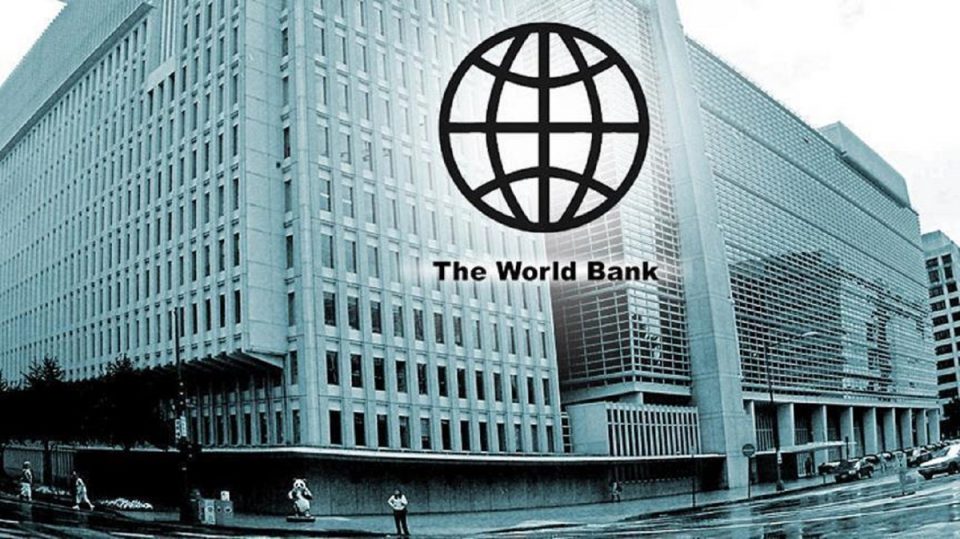The Foreign Direct Investment in Nigeria has plunged by 58.98 per cent in 11 years, data from the World Bank have revealed.
According to the Washington-based lender’s annual report tagged, ‘International Debt Report’, the country’s FDI depreciated from $5.966bn in 2010 to $2.447bn in 2021.
The FDI refers to an investment in the form of controlling ownership in a business in one country by an entity based in another country.
The Foreign Direct Investment in Nigeria dropped by $325.82m in two years, according to data from the National Bureau of Statistics.
In its updated International Debt statistics for 2022 released on Friday, the World Bank stated that FDI in the country dipped to $851 million in 2019, the lowest within the period under review.
Despite the coronavirus pandemic that disrupted businesses across the world, FDI rose to $ 930 million in 2020.
Speaking with The PUNCH, Professor of Economics and former Vice Chancellor, Greenfield University, Seth Akutson, said both monetary and fiscal policies could not encourage foreign investors.
He noted that investors would not put their money in a country that was being troubled by insecurity.
According to him, “The security situation in the country does not encourage FDI. People cannot put their money in a country that is plagued with insecurity.
“Also, the policy framework of the Federal Government does not encourage investors. If you look at the capital market, you will see that there is a lot of exits in the foreign portfolios.
“The fiscal policy environment and tax regime have not encouraged investors to put in their money here. Multiple taxations from left, right, and centre have not encouraged investors.
“The showman process of going to attract investors does not hold water. The real variable must be looked at.”
He added that “the Fitch report has downgraded Nigeria. When your country is downgraded, you cannot expect foreign investors to come in.”
In the interim, he said, certain measures could be put in place to stem the negative trend of outflow and increase foreign investment into the country.
According to him, the Federal Government should revisit the tax system.



